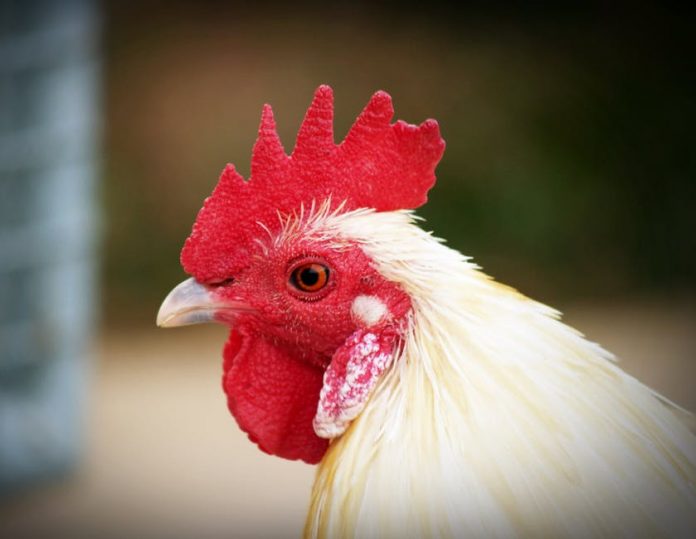JEFFERSON CITY, Mo. – Missouri poultry producers are encouraged to review and tighten biosecurity protocols in light of the avian influenza virus confirmation in poultry throughout the Midwest.
Highly pathogenic avian influenza H5N1 is known to be deadly for domesticated chickens and turkeys. Avian influenza has been confirmed in both commercial and backyard poultry flocks in Midwestern states this month.
The influenza had a major impact on the U.S. poultry industry this spring, as migratory birds flew north for the summer. While wild birds, especially waterfowl, are carriers of the virus, domestic poultry are incredibly susceptible.
“HPAI didn’t just ‘go away’ over the summer. The wild waterfowl carrying the virus are again active in the flyways as the fall migratory season ensues,” said Missouri State Veterinarian Steve Strubberg. “It is extremely important that poultry producers practice biosecurity measures and be vigilant to protect the health of their flocks.”
Know the symptoms:
- Decrease in water and feed consumption
- Quietness among the flock
- Decrease in egg production
- Sudden increase in death in the flock
Prevention Measures:
- Prevent contact with wild birds, especially wild waterfowl
- Restrict visitor access to your birds
- Limit food and water sources that would attract wild birds
- Clean and disinfect all wheels on vehicles, wagons and trailers visiting an area or a farm where poultry is located
- Clean and disinfect any equipment, including cages/coops, that was borrowed from or loaned to another producer
If you notice any symptoms in your flock, you are encouraged to contact your local veterinarian or the Missouri Department of Agriculture Animal Health Division at (573) 751-3377.
The Department also encourages producers to register for a federal premises ID number (PIN). PIN registration is administered by the state of Missouri, online or via phone call, and allows animal health officials to quickly and precisely identify where animals are located in the event of an animal health or food safety emergency. Information gathered through premises registration will be used solely for animal health purposes. This critical data will provide animal health officials with necessary contact information in case of a disease concern.
Avian influenza does not present a food safety risk. Poultry and eggs are safe to eat when handled and cooked properly. Though extremely rare, avian influenza can be transmitted to humans. Poultry producers should practice good hygiene and handwashing after contact with their birds.
For more information about avian influenza, visit the Department online at Agriculture.Mo.Gov.






